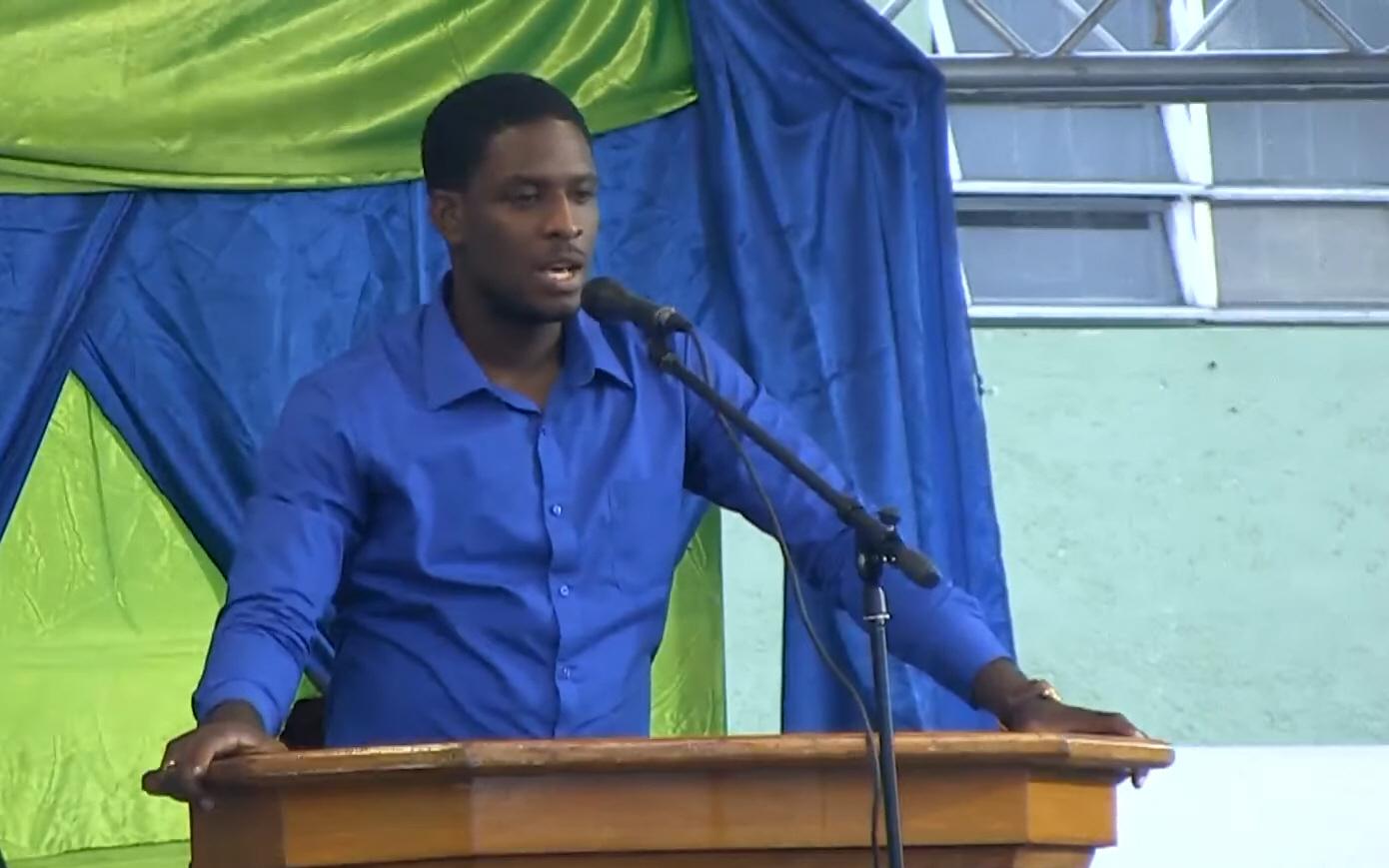Prime Minister Skerrit silent on Marcellin’s invitation to engage in community dialogue

Town hall-style fora are fast becoming the most effective strategy for face-to-face encounters with community groups, activists and for the common man who otherwise have no avenue for assessing their candidates.
In the Caribbean and certainly Dominica, political canvassing has traditionally relied on big rallies and block meetings, in relatively noisy and fete-like atmospheres, where party diehards fuel leaders with their applause, fanfare, and chants. In these settings, the speakers frequently monotonize the proceedings with the leeway of setting his/her own agenda or staying far from the hot button issues as far as possible.
This euphoria ensures that even the most buoyant issues are easily drowned or remain submerged. Sadly, there is no chance for the public to scrutinize their candidate against policy or strategy or assess their stress levels when asked difficult questions.
Without a doubt, a Town Hall forum within the Vieille Case Constituency will provide the best chance for constituents to hear from both the incumbent and opposition candidate on topical issues. It provides an opportunity for constituents to ask questions or guide development programmes for the communities by projecting their own views. For too long the constituency has been starved of information on pertinent developmental issues. In fact, a culture of imposition is fast permeating every facet of our Dominican society.
It is in this context, and in the interest of community engagement, Clement “Clemo” Marcellin, the United Workers Party candidate for the Vieille Case Constituency, invited the Parliamentary Representative, Honourable Roosevelt Skerrit, to participate in a town hall-style meeting. The goal was for constituents to hear from and engage both candidates on developmental issues, within the constituency, in a relatively less politically charged setting. This new dimension to the campaign would promote and value the contributions of all stakeholders and to a large extent, shape the development agenda for the constituency. Unfortunately, Mr. Skerrit has not acknowledged nor responded to the offer to participate in this broad consultative political process, pushed by the youth and other civic-minded people of the constituency.
This reflects a lack of political maturity and a serious deficiency in our democratic system, where people must be encouraged to question their leaders or hold them to account. There are heightened concerns that Dominica is quickly sliding to a one-man totalitarian state. As is evident, over the last two decades, there has been a steady deterioration of the cordial relationship between politicians and those who have opposing views.
It was widely expected that this opportunity would signal a willingness to restore confidence in Dominica’s political process and set the pace for consultative politics. Mr. Skerrit’s lack of a response exposes his aloof and condescending attitude he projects on the community he serves and, in my opinion, a violation of the fundamental assumption and basic rule of decency which once guided Dominica’s political process.
In a politically charged environment like/as ours, politicians are obligated to play their role in contributing to participatory politics built on trust, mutual respect, and inclusion of all viewpoints; irrespective of race, gender, religion or political bias. After all, this is our little island gem which we must all dutifully preserve.
While the ball is still in the Prime Minister’s court, I would kindly ask of him, to engage meaningfully in community fora where constituents can engage each other respectfully and constructively. Our leadership would play a crucial role in guiding this process. This dimension to our politics would augur well for Dominica and will defeat the tribalism which is fast engulfing our local politics. My greatest hope, therefore, is for politicians on both sides of the spectrum to demonstrate maturity, restraint and engagement of each other in a manner which promotes tolerance and mutual respect.
This article is copyright © 2019 DOM767








